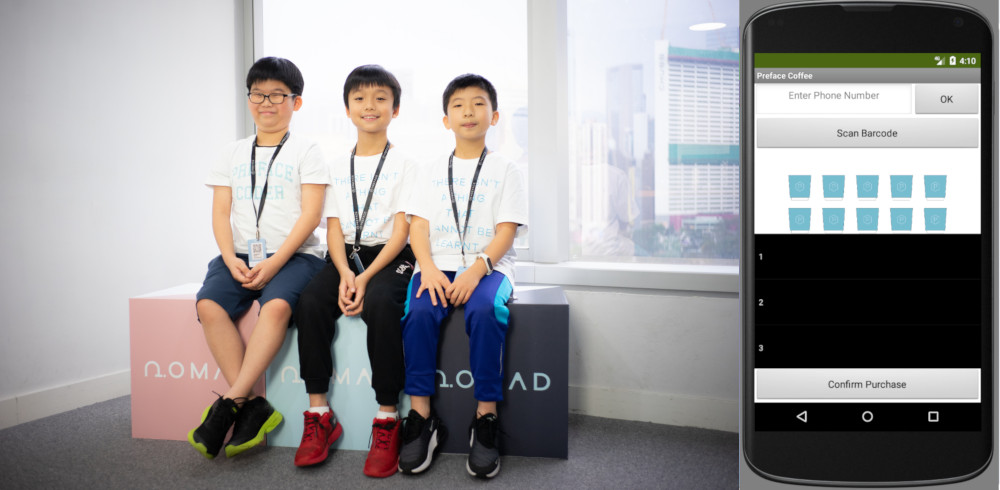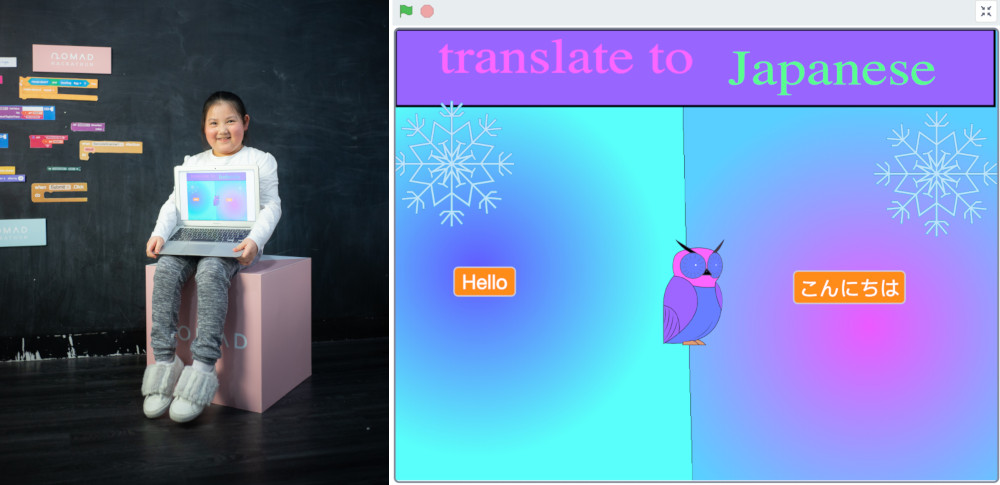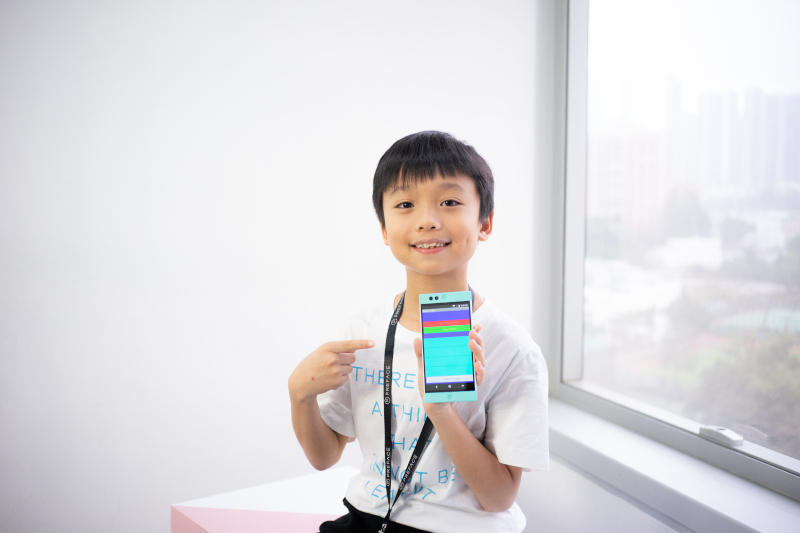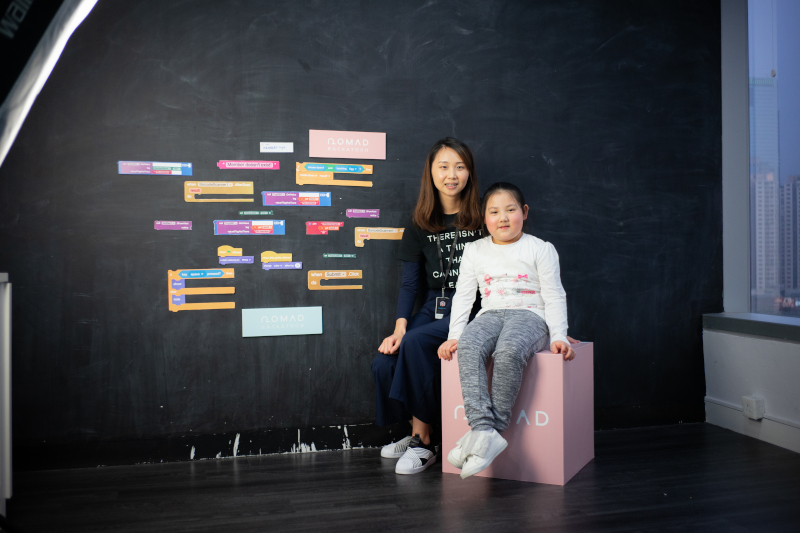Hacking School System with App Inventor at Preface
Apr 29, 2019 karen's Blog
 This is a guest blog by MIT Master Trainer Anna Yu
This is a guest blog by MIT Master Trainer Anna Yu
The Beginning

The First Challenge
Its a big problem that the local school system sees as non-existent. While there is some form of computer classes at school, it hardly matches the learning needs of school kids. My school doesnt provide any coding classes until I get older, Jacqueline explained why she started coding at Preface because of the lack of access.
Tackling the Challenge
The average class size of a day school in Hong Kong is 32 kids, all with different personal experiences, interests and needs in learning. The challenge for a teacher to ensure the teaching quality and class engagement is monstrous and, as a matter of fact, unrealistic. The class is too big and the teacher cannot answer every question we have. At Preface our group class has only two to three kids. Our teacher never fails to answer our questions, Brandon said. At school we learn to use App Inventor too, but the classwork is too easy for me; at Preface projects are much more fun and the teachers are very helpful - they teach us how to find the answer ourselves instead of telling us the answer straight away, Sik-kin put his shyness away with excitement when he talked about the games he built with App Inventor at Preface, such as Space Shooting Fun or Farming Role Play. We learn really fast while making these fun games, Sik-kin continued, we like the challenges.Hacking Education with Hackathon
While they learn how to solve problems independently in regular classes, our coding students learn to collaborate and leverage each others strength to take on a challenge together during Nomad Hackathon. Ive never missed a single Hackathon after I started having coding classes here. I want to see what other kids are doing and learn from them, said Brandon. The high relevance of the Hackathon projects to real-life problems is proved very effective in motivating students to use what theyve learnt to make a real difference to their community as well as their learning progress. When they can practise what they learn in real life situations, it is much more valuable for their learning than a simple exercise or exam that only challenges their short-term memory. Coding is a brand new subject for young kids; it requires a brand new approach in delivering the know-how. The century-old setup of an overcrowded classroom is failing hard as our new generation of learners has told us. Getting the approach right is half the battle done; at Preface we place a strong focus on the approach in order to motivate students to learn and self-learn. We keep our classes small, our projects relevant, and our students highly engaged. At the end of the day we give them a stage - the Hackathon event is not just another coding class; it is a platform for the young students to prove to themselves - and the community - that they have learnt something mind-blowing. Sik-kin concluded our conversation with a big picture of himself in the future, I want to be a professional coder when I grow up, and teach young kids about coding with what I know from my years. Although Sik-kin is only 10 years old now, his vision doesnt seem too far-fetched for us. We are certainly confident that our young coding kids will give back to the community in their own ways in a not-so-distant future.









